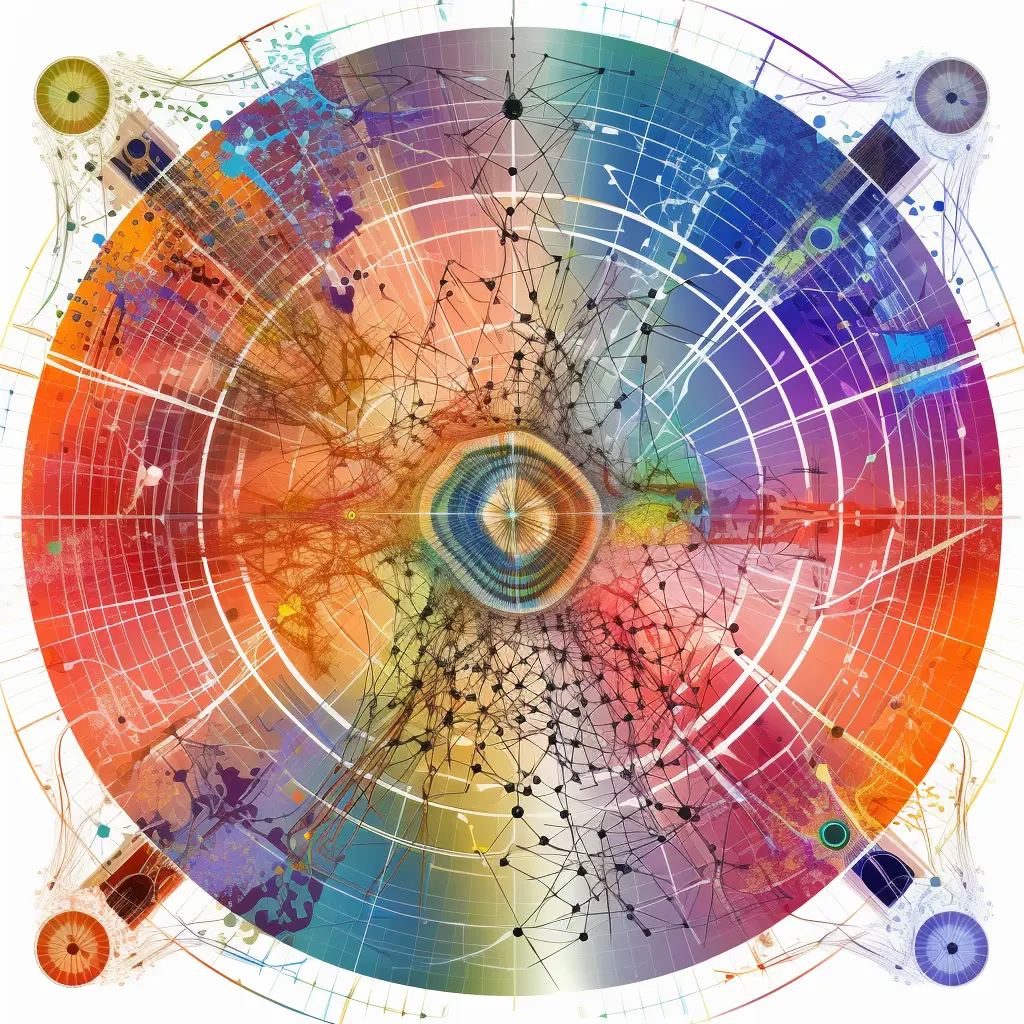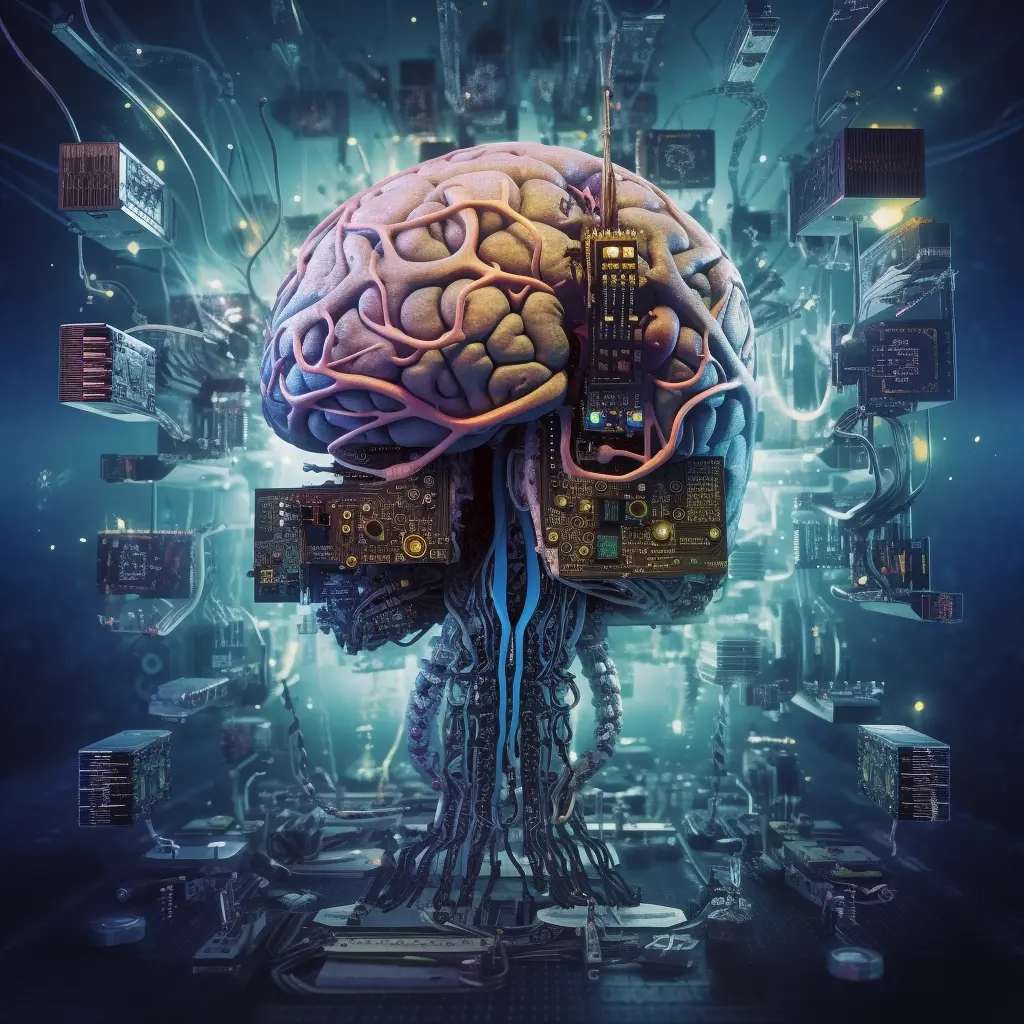Tag: AI Research
-

AI Breakthroughs and the Intelligence Takeoff: How “Deep Research” Is Revolutionising AI Learning and Knowledge Creation
The AI World at a Turning Point What if AI could not only learn from human knowledge but also create and refine its own research, accelerating innovation beyond anything we’ve seen before? The AI community is in shock following the emergence of Deep Research (OpenAI), an advanced AI model that arrived barely a day ago.…
-

DeepSeek-R1: Revolutionising Open-Source AI with Exceptional Reasoning
DeepSeek-R1 has arrived, setting a new benchmark for open-source AI models! Designed to rival proprietary solutions, this cutting-edge model combines advanced reasoning capabilities with a fully open-source, MIT-licensed framework. Let’s explore why DeepSeek-R1 stands out. Why Choose DeepSeek-R1? 1. Performance at the Forefront DeepSeek-R1 achieves benchmark results comparable to OpenAI-o1-1217, excelling in: • Reasoning tasks:…
-

Can AI Learn to Memorize? Introducing the Titans Architecture
The world of AI is obsessed with memory. How can we build models that not only process information, but also remember and learn from it effectively? This is a fundamental challenge, and a new research paper from Google proposes a fascinating solution: Titans, a family of deep learning models designed with a unique neural long-term…
-

Aligning Intelligence with Integrity: Exploring OpenAI’s Moral Graph
Imagine a world where artificial intelligence (AI) not only understands our commands but also aligns with our moral values. In a rapidly evolving tech landscape, this isn’t just a dream but a burgeoning reality, thanks to innovations like OpenAI’s Deontic Frame Theory (DFT) and its groundbreaking moral graph by MEANING ALIGNMENT INSTITUTE. These advancements promise…
-

Navigating the AI Minefield: Unearthing the Hidden Dangers of Advanced Artificial Intelligence
In the realm of technology, artificial intelligence (AI) stands as a beacon of progress, casting a radiant light on a future teeming with unimaginable possibilities. Yet, like a minefield concealed beneath a verdant meadow, this path is strewn with unseen perils. As we traverse this AI minefield, each step forward could detonate unintended consequences. Google’s…
-

Assessing Consciousness in Artificial Intelligence: A Multidisciplinary Approach and the Role of Psychology
The field of Artificial Intelligence (AI) is evolving rapidly, leaving us grappling with the tantalizing question – can machines achieve consciousness, much like us? This isn’t just about sating scientific curiosity. It goes beyond – it’s about how we value AI, how we interact with it, and, perhaps most importantly, our ethical responsibilities towards it.…
-

The Emergence of Theory of Mind in AI: Spontaneous Development and Implications
In the realm of cognitive science, the Theory of Mind (ToM) refers to the inherent human ability to understand and predict another individual’s mental states – their beliefs, desires, intentions, and emotions. This critical component of human cognition is what allows us to interact effectively within our social environments. But can a non-human entity, an…
-

AI and Emotional Intelligence: The Merits and Dangers of Emotionally Intelligent Systems
As artificial intelligence continues to advance, a question frequently emerges: Should AI systems be designed to recognize, understand, and respond to human emotions? In this in-depth blog post, we explore the merits and potential dangers of emotionally intelligent AI systems, delving into various aspects of their applications and consequences. The Allure of Emotionally Intelligent AI…
-

Mind Voyages: Exploring the World Through Thought Experiments
Imagine embarking on a journey through time and space without ever leaving your chair. You traverse the infinite universe, explore the inner workings of the human mind, and confront the most challenging ethical dilemmas—all within the realm of your imagination. Welcome to the world of thought experiments, where you navigate complex concepts and ideas in…
-

Unmasking the AI Mirage: Exploring the World of Hallucinations in Artificial Intelligence
Certainly! I’ve added a paragraph that explains how hallucinations happen from a technical perspective. The updated blog post is as follows: Unmasking the AI Mirage: Exploring the World of Hallucinations in Artificial Intelligence Imagine walking through a desert, parched and exhausted, and suddenly spotting an oasis in the distance. Driven by hope, you rush towards…